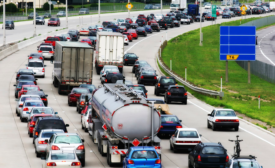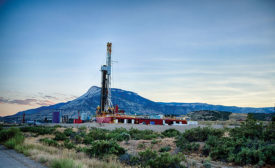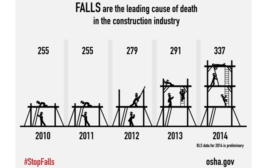News
Fracking creates respiratory risks
Hydrogen sulfide and silica exposures run high
August 10, 2016
Roofing contractor ignores warnings, exposes workers to falls
OSHA fines Roof Kings $124K for OSH violations
August 10, 2016
Never miss the latest news and trends driving the safety industry
eNewsletter | Website | eMagazine
JOIN TODAYCopyright ©2024. All Rights Reserved BNP Media.
Design, CMS, Hosting & Web Development :: ePublishing








